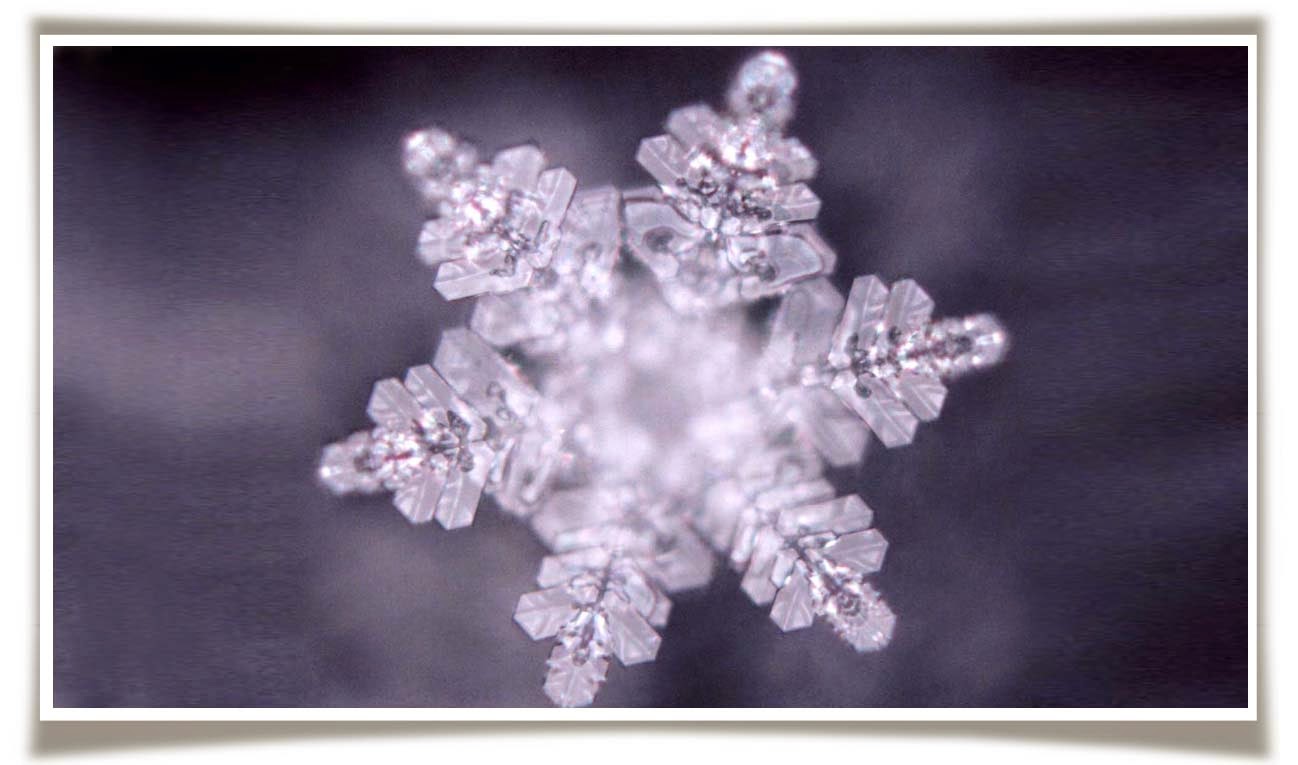The Magic in Words
Dr. Masaru Emoto has experimented on water for more than a decade. He proved that water can sense, comprehend, see, and listen. It seems that water can understand our minds. He found that water can respond to writing, language, music, and even peoples’ minds.
If someone feels love and writes the word “Love” in different languages and stick the paper on a bottle of water for water to “see” it and later freeze the water bottle. When looking at the water under a microscope, we will see beautiful water crystals. If the write the word “Hate” in any language, the water crystals seemingly become ugly to some people. Water also seems to listen to & understand music. When classical music is played the water crystals become beautiful. Say words like, “I hate you” or “I don’t like you” to water, the crystals become what is usually described as ugly. This seems to prove, at least to some, that water is a living organism.
Words have always been thought to have powerful magic, for example, “primitive man,” if there were such an entity, believed that words could exert magical power. We still believe this; prayer, chanting and mantras are all somewhat magical. Things that could be named lose their secret power over man. This is why both the Abrahamic devil and god have no names, to name them is to have power over them. To know the name of a force, a being or an object, was seen as being identical with power over it. That ancient belief in the magical potency of names appears also in many fairy tales and myths, where the power of a demon is broken just by facing him courageously and pronouncing his name. It appears in Buddhism where we are given Dharma names as aspirations.
There is some truth in the idea of "word-magic" of primitive man, and in the practice of bare attention we will find the power of naming confirmed. The shadow demons of the mind can’t seem bear the simple & clarifying identification of them by naming them. Just naming them often diminishes their strength.
Just as words are “magic” in our meditative practice, they are magic in other areas of our lives as well. The words we use in daily life, whether spoken or unspoken, can affect many around us, in wonderful ways or in painful ones. There is magic in words but also in silence. Things left unsaid are just as important as the things that are. Listening, really listening, in silence is often healing and ultimately compassionate. Saying a kind word when it is not expected can also be healing. How we speak to ourselves can help us or harm us.
The Avatamsaka Sutra clearly elaborates on the idea that the whole universe is an organic entity. Flowers, grass, trees, mountains, rivers, earth, and all natural phenomena in the universe are all organic in nature. They are all organisms with the ability to see, listen, and understand peoples’ minds. All physical phenomena are capable of seeing, hearing, cognition, and knowing. They all have reception, conception, action, and consciousness. When we have a thought in our mind, the universe knows it clearly and naturally responds to what we think, say to themselves and don't say to themselves.
Hongaku Jodo supports itself through donations and the sales of some very cool stuff. To check out the stuff click here.



